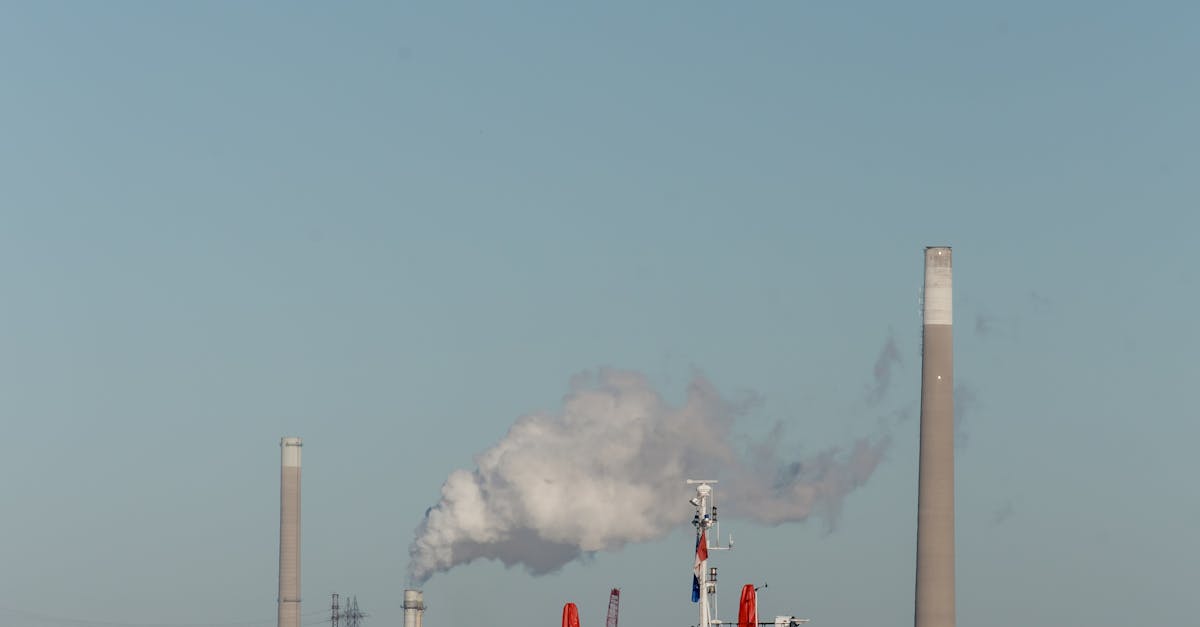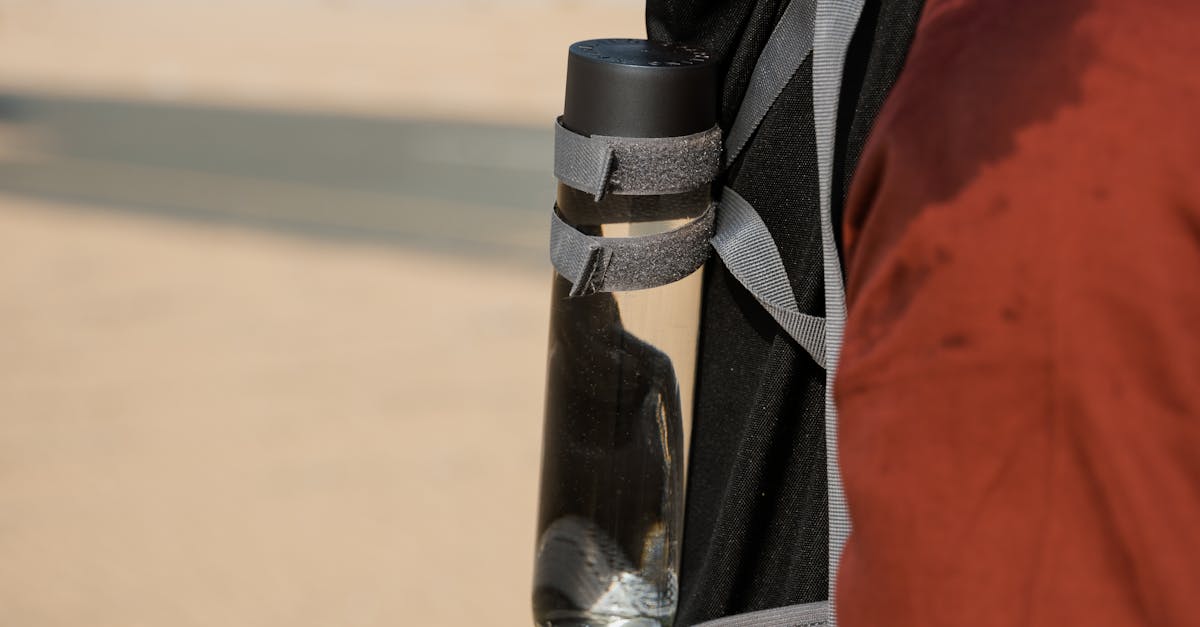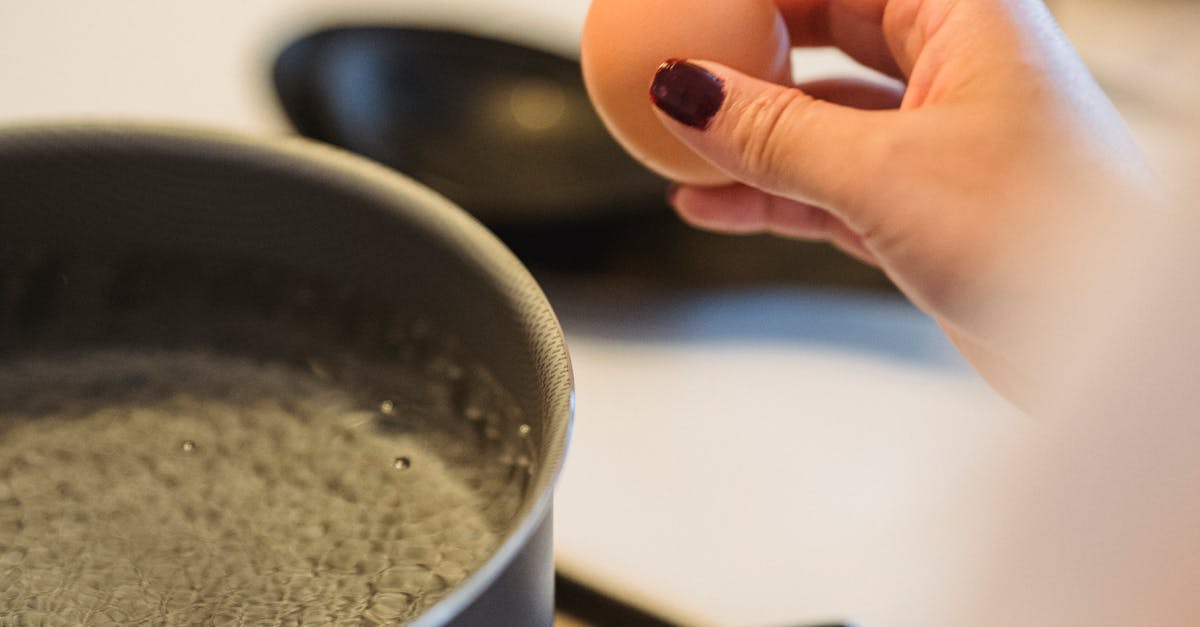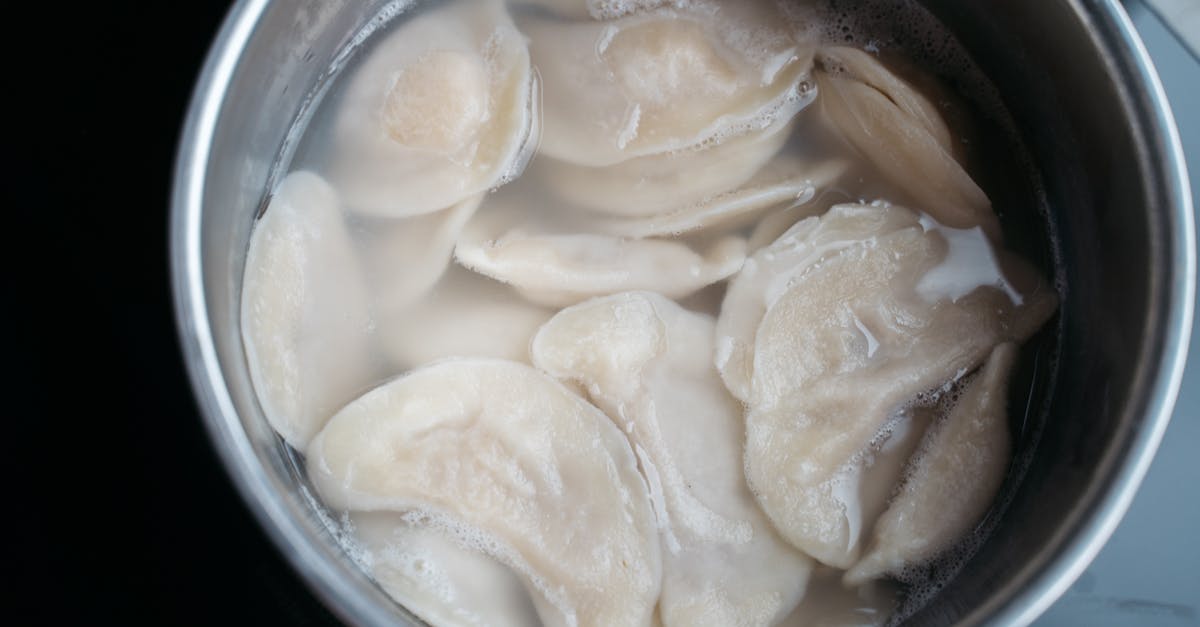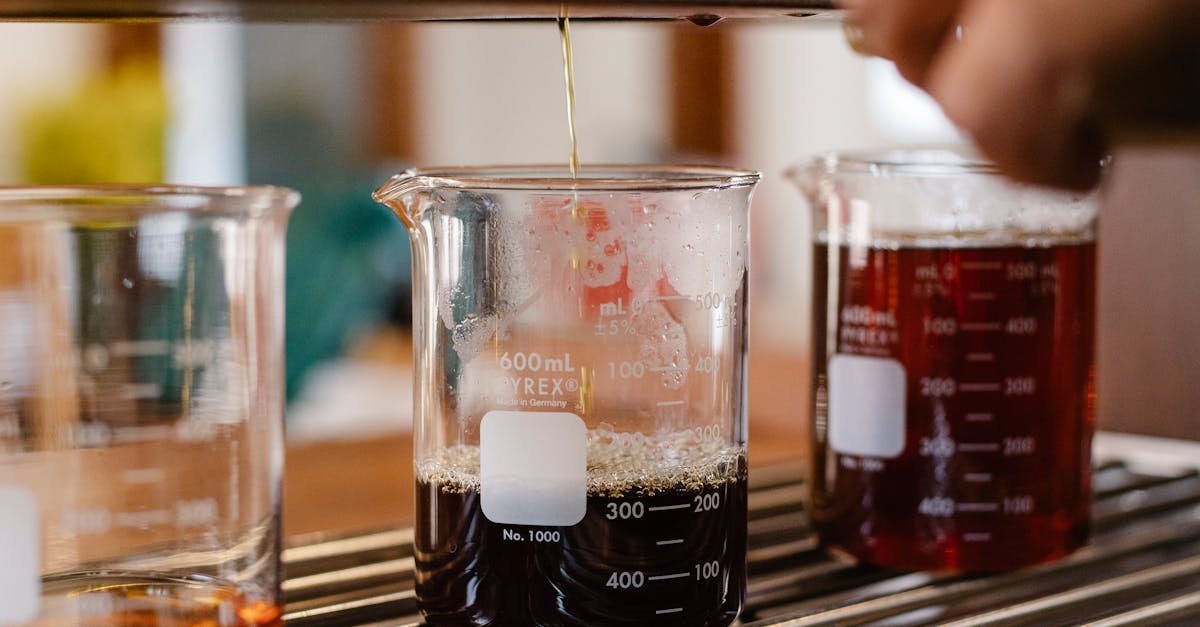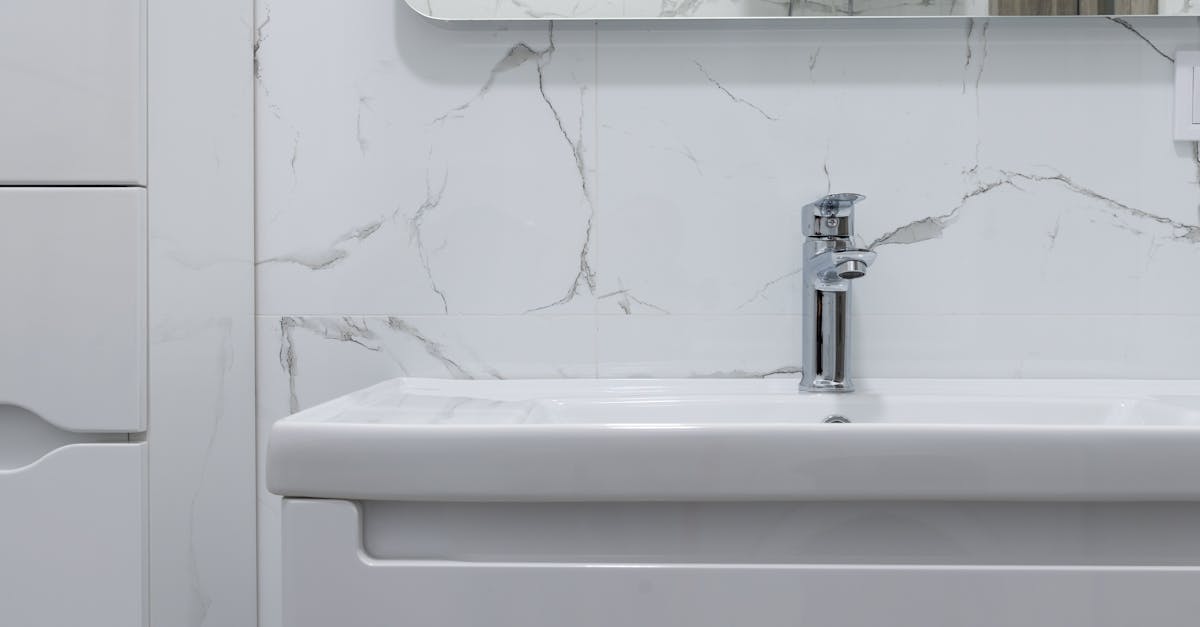
Table Of Contents
Heat Pump Hot Water Systems
Heat pump hot water systems have gained popularity in Australia due to their energy efficiency and lower operating costs. These systems work by extracting heat from the air and transferring it to water, making them more environmentally friendly compared to traditional electric or gas systems. By utilizing renewable energy from the environment, heat pump systems efficiently produce hot water, often requiring significantly less electricity to operate.
When considering hot water installation, homeowners should evaluate the specific energy costs associated with their local climate. While initial installation may be higher than that of conventional systems, the reduced energy consumption can lead to substantial savings over time. Additionally, heat pump systems operate best in moderate climates, making them a suitable choice for many regions across Australia.
How They Work and Their Efficiency
Heat pump hot water systems operate by extracting heat from the surrounding air and using it to heat water. They consist of an evaporator, compressor, and condenser. The process begins with the evaporator absorbing heat from the air, which evaporates the refrigerant inside. The compressor then increases the pressure of the gas, causing it to heat up. Finally, the heated gas passes through the condenser, transferring its heat to the water in the tank. This method is energy-efficient since it requires less electricity compared to traditional electric heaters.
These systems can achieve impressive energy efficiency ratings, often exceeding those of conventional electric models. The efficiency is measured in terms of a coefficient of performance (COP), which indicates the ratio of heat output to electricity consumed. With proper hot water installation, heat pump systems can lead to significant savings on energy bills over time. Additionally, suitable conditions, such as moderate ambient temperatures, can further enhance their efficiency.
Comparison of Operating Costs
The operating costs of hot water systems can vary significantly based on the type chosen and local electricity or gas prices. Electric systems tend to have higher running costs, particularly those that use resistive heating. In contrast, gas systems can be more economical if natural gas is readily available. A growing preference for heat pump hot water systems has emerged, as they use less electricity and take advantage of ambient heat from the environment, resulting in lower ongoing expenses.
When considering hot water installation, it is crucial to evaluate not just the upfront cost but also the long-term costs associated with each system. Analyses indicate that heat pump systems, despite their higher initial investment, often prove to be more economical over time due to their efficiency. Traditional electric storage systems can lead to substantial electricity bills, whereas solar hot water systems, while lower in operating costs, require careful consideration of maintenance and weather dependency.
Average Costs Across Different Systems
When evaluating the average costs associated with various hot water systems, it’s crucial to consider not only the initial purchase price but also the long-term operational expenses. Different types of systems have different efficiencies that significantly influence overall costs. Electric storage heaters, for instance, tend to have lower upfront costs but can lead to higher electricity bills over time. On the other hand, heat pump systems may have a higher initial investment but generally offer lower operating costs, making them more economical in the long run.
In addition to operational costs, the expenses related to hot water installation can vary depending on the system chosen. Installation of gas systems often involves the added expense of plumbing and venting, potentially increasing the total investment. Moreover, maintenance requirements differ among system types and can impact long-term budgeting. Understanding these factors is essential for anyone considering a hot water system that balances affordability with efficiency.
Installation and Maintenance Expenses
When considering the overall cost of a hot water system, installation expenses play a crucial role. Hot water installation involves several factors, including labor, permit fees, and potential plumbing modifications. The complexity of the installation can significantly influence costs. Systems like heat pumps may require specific site preparations and expertise, which can add to the initial investment.
Maintenance expenses are another important aspect to factor into the long-term costs of running a hot water system. Regular maintenance ensures the system operates efficiently and extends its lifespan. For heat pump systems, this may involve periodic checks and filter cleaning. Homeowners should budget for these ongoing expenses to ensure that the hot water system remains in optimal condition throughout its lifecycle.
Budgeting for Longterm Use
When budgeting for long-term use of a hot water system, it is essential to consider not only the initial purchase price but also the associated operating and maintenance costs. Different systems, such as heat pumps and solar hot water units, may have higher upfront costs but promise lower utility bills over time. Understanding the efficiency ratings of various models can help in estimating future energy consumption, giving a clearer picture of overall expenses.
In addition to operational costs, potential expenses related to hot water installation and ongoing maintenance should also be factored into the long-term budget. Regular service checks can prevent major issues and ensure the system runs efficiently. Researching warranties and support options offered by manufacturers is important as these can significantly influence both immediate and future costs.
FAQS
What is the most cost-effective hot water system to run in Australia?
Heat pump hot water systems are often considered the most cost-effective option due to their high efficiency and lower electricity consumption compared to traditional systems.
How do heat pump hot water systems work?
Heat pump hot water systems work by extracting heat from the air or ground and using it to heat water, making them more energy-efficient than electric resistance systems.
What are the average operating costs of different hot water systems in Australia?
Operating costs can vary widely depending on the type of system, but heat pump systems typically have lower operating costs compared to electric and gas systems, often resulting in significant savings over time.
What should I consider when budgeting for a hot water system?
When budgeting, consider not only the initial purchase and installation costs but also long-term operating costs, maintenance expenses, and potential energy savings.
Are there any maintenance requirements for hot water systems?
Yes, regular maintenance is essential for all hot water systems. This typically includes checking and flushing the system to remove sediment, inspecting components, and ensuring proper operation to maintain efficiency.
